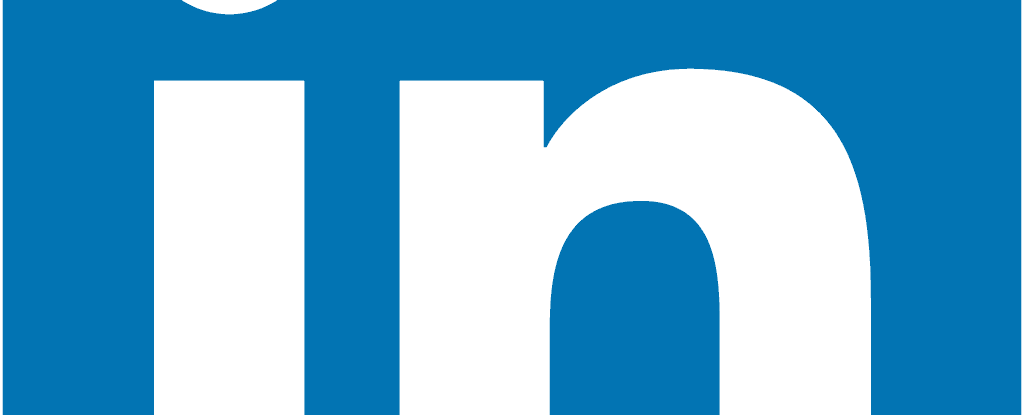Firstly, this blog is assuming you all have a LinkedIn profile. If you are in the minority that has not branched out to this cyber network then I strongly encourage you to do so. LinkedIn acts as a shared platform and networking service, grouping professionals according to the information you decide to upload and allowing ‘connections’ of your choosing. Unlike various social media accounts, all LinkedIn profiles are created for the centralised purpose of supporting your career and staying in contact with like-minded specialists and potential clients.
To illustrate, here at Burgess Paluch Legal Recruitment it is mandatory that we all have current and detailed LinkedIn accounts. As recruiters, it is essential to establish connections with all relevant candidates and clients and to make sure that we are accessible if anyone is trying to find us. Networking aside, the unparalleled speed with which you can receive the latest updates and interesting articles means that you are always ahead of the curve and up-to-date with all relevant information.
Whether you are actively looking for a role or just bringing your CV into the digital age, having a current LinkedIn profile is beneficial. It is the primary source for recruiters and employers, regardless of your chosen industry and vocation. Furthermore, it is important that your profile be detailed and not just the bare minimum as the researcher will usually have key terms they are using to locate you. These key terms may include (but is not limited to): location; industry; position, practice area and specialisation; and company.
Whilst the above information relates to how your LinkedIn account can create future career opportunities, there are many other reasons to utilise this online resource. Through connecting with colleagues, employers and acquaintances made through University studies you become immersed into the matrix of networking and continue to stay linked long after the association has passed.
If you are new to LinkedIn or, since reading this article, realise that you have not put enough of yourself into your profile. Below are some simple tips to help you navigate your way through the online maze and also highlight what employers and recruiters are looking for when they do a collective search.
Make sure you have a clear and professional photo. As a researcher we will be looking through hundreds of profiles so it is important to show that you are a professional. A smart photo will show that you present well and the visual aid means you will be more easily remembered.
When creating or updating your profile, make sure your work experience is up to date and relevant. Do you specialise within a certain field of law? Have you won awards? Have you published any articles? By standing out from the crowd and giving us all the information on one platform, we will be less likely to look past you when hiring for your ideal job.
Get recommendations! This has an obvious advantage when looking for a new role as it shows your history as an employee but this has a twofold effect as it will also benefit you as a fee earner. The more highly recommended you come the more you will be sought after by prospective clients.
Take my advice, Link in to this online platform and connect with those around you. Whether you’re looking for a new job or just making sure you are up to date with current affairs, this cyber stage will support you and showcase your career. Just don’t forget to add the details.

